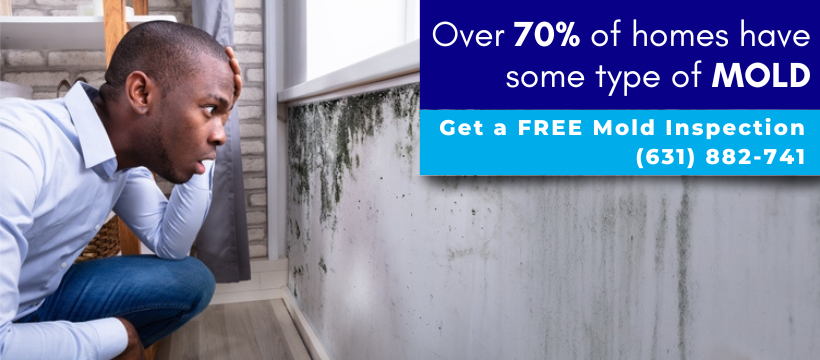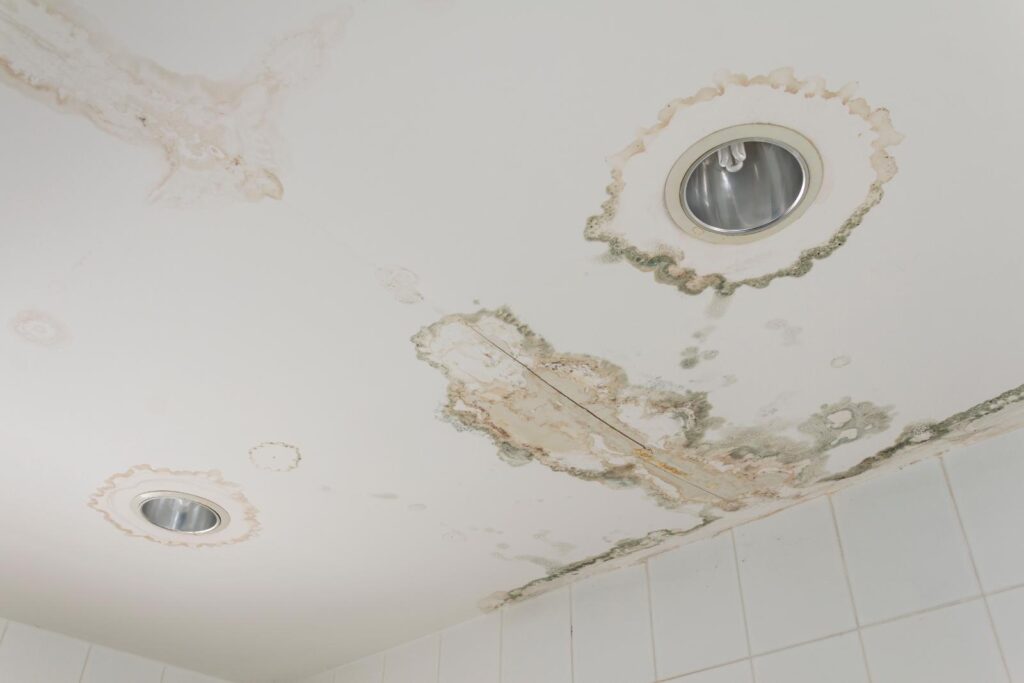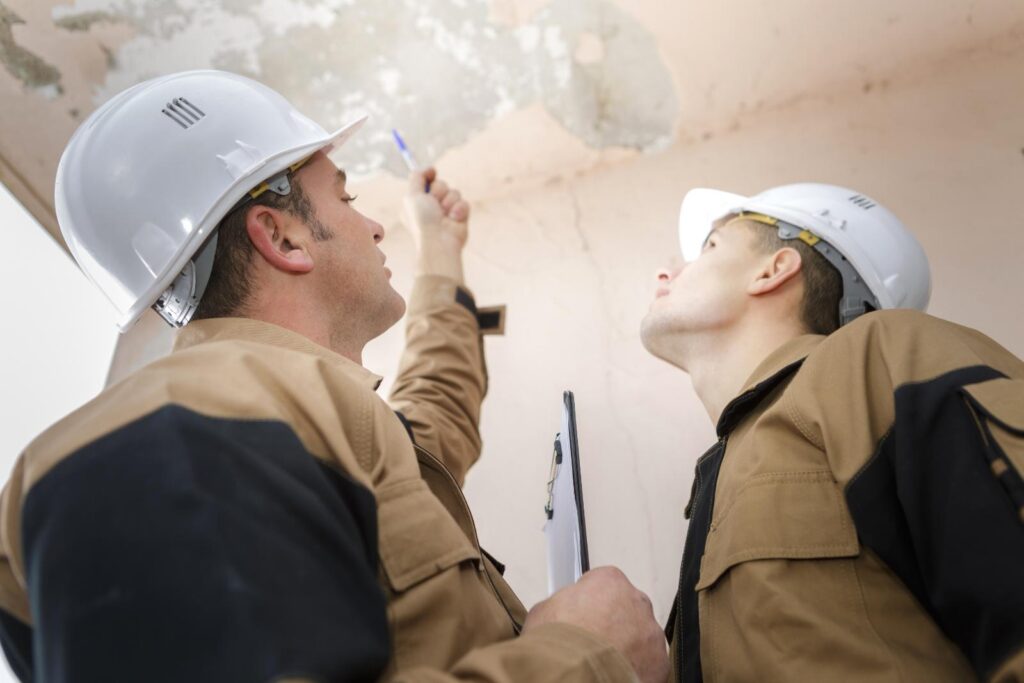
Contents
In 2017, 26-year-old contractor Christian Childers, his fiancée, and their two young children were living in his South Florida home, when it was damaged by Hurricane Irma. The couple were unable to afford to repair the damage, and the home became moldy.
Mr. Childers began to experience health problems in December 2022, including headaches, nausea, and shortness of breath. He was eventually hospitalized and passed away on January 2, 2023. An autopsy found that Childers died from acute respiratory failure caused by exposure to toxic mold.
Childers’ fiancée noted at the time that she and Childers had repeatedly appealed to FEMA and the Red Cross for help to clean and detoxify their home, but their requests were denied. This scenario, while heartbreaking, can serve as a potent reminder for both seasonal and permanent homeowners to check for hazards before reopening a space after a prolonged period of inactivity. For mold, a “prolonged period” may be days, weeks, or months depending upon building-specific factors, season, and weather variables.
What Health Issues Are Related to Mold?
Recent data from the Centers for Disease Control and Prevention (CDC) shows that approximately 1 in 10 children under the age of five dies due to respiratory illnesses linked to air pollution and symptoms of mold sickness. Mold spores and mold have adverse effects on indoor air quality, which is especially dangerous for children, and people with weak immune systems, allergies, or asthma. Since over 70% of homes in the US have some type of mold, it’s important to be on the watch for issues related to mold exposure.
According to US guidelines from the National Institutes of Health, exposure to mold in homes can lead to a variety of medical problems. These can include:
- Allergic Reactions: Mold spores can trigger allergic reactions in individuals who are sensitive or allergic to them. Symptoms may include sneezing, coughing, itchy or watery eyes, runny nose, nasal congestion, and skin rash.
- Respiratory Problems: Mold can irritate the respiratory system, causing respiratory issues such as coughing, wheezing, shortness of breath, and worsening of asthma symptoms in individuals with asthma.
- Sinus Infections: Prolonged exposure to mold can lead to sinus infections or exacerbate existing sinus conditions, causing symptoms like sinus congestion, facial pressure, headache, and nasal discharge.
- Asthma Exacerbation: Mold can trigger asthma attacks in individuals with asthma, leading to coughing, wheezing, chest tightness, and difficulty breathing.
- Respiratory Infections: In some cases, mold exposure can increase the risk of respiratory infections, especially in individuals with weakened immune systems.
- Hypersensitivity Pneumonitis: This is a rare but serious condition characterized by inflammation of the lungs due to an immune response to mold or other environmental allergens. Symptoms may include shortness of breath, cough, fever, chills, and fatigue.
- Allergic Bronchopulmonary Aspergillosis (ABPA): ABPA is an allergic lung disease caused by an allergic reaction to mold spores, specifically the Aspergillus species. It can result in symptoms similar to asthma, along with additional indicators like coughing up blood or brownish mucus plugs.
Quick Action Is Critical
Overall, the severity of health effects can vary depending on the individual’s sensitivity to mold, the type of mold present, the duration and intensity of exposure, and other factors. If mold is suspected in a home or other occupied space, and residents are experiencing persistent health problems, it’s advisable to consult a healthcare professional immediately,
and address the mold issue by seeking professional mold remediation. Mold removal and containment specialists like Brightside Restoration are licensed and certified in safe mold remediation. Brightside Restoration also works closely with insurance companies to support owners of commercial and residential properties who are dealing with critical mold situations, including emergency service.
Mr. Childers’ death is a tragic reminder of the dangers of toxic mold exposure. Mold can cause a range of health issues, including respiratory problems, rashes, and neurological problems. If you think that you may have been exposed to toxic mold, it is important to seek medical attention immediately, without waiting for detailed regulatory intervention or guidance.
…………………….
Sources
Serbin, S. Englewood woman fights for justice after fiance dies from black mold exposure. NBC-2 News, February, 2023. View source ->
Drahjanuary, H. 21 Critical Mold Statistics We Have to Be Aware of in 2023. In Comfyliving, 2022. View source ->
Baxi SN, Portnoy JM, Larenas-Linnemann D, Phipatanakul W; Environmental Allergens
Workgroup. Exposure and Health Effects of Fungi on Humans. J Allergy Clin Immunol Pract.
2016 May-Jun;4(3):396-404. doi: 10.1016/j.jaip.2016.01.008.
Centers for Disease Control and Prevention, Health, United States, 2021. View source ->



